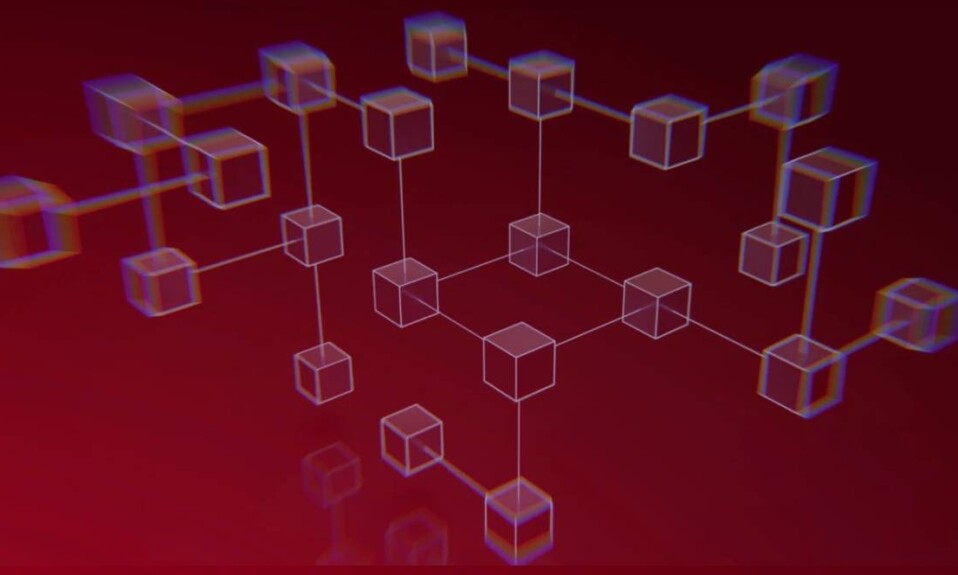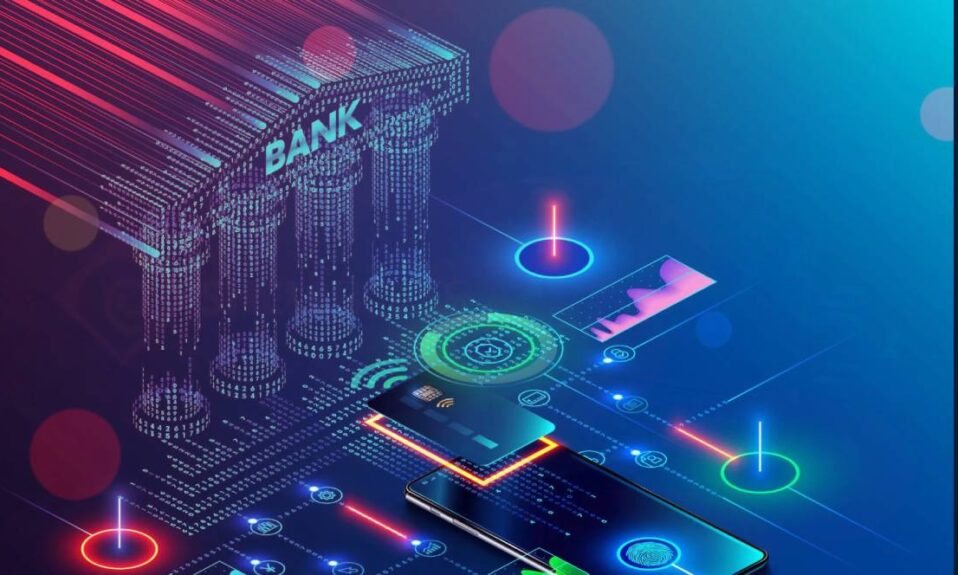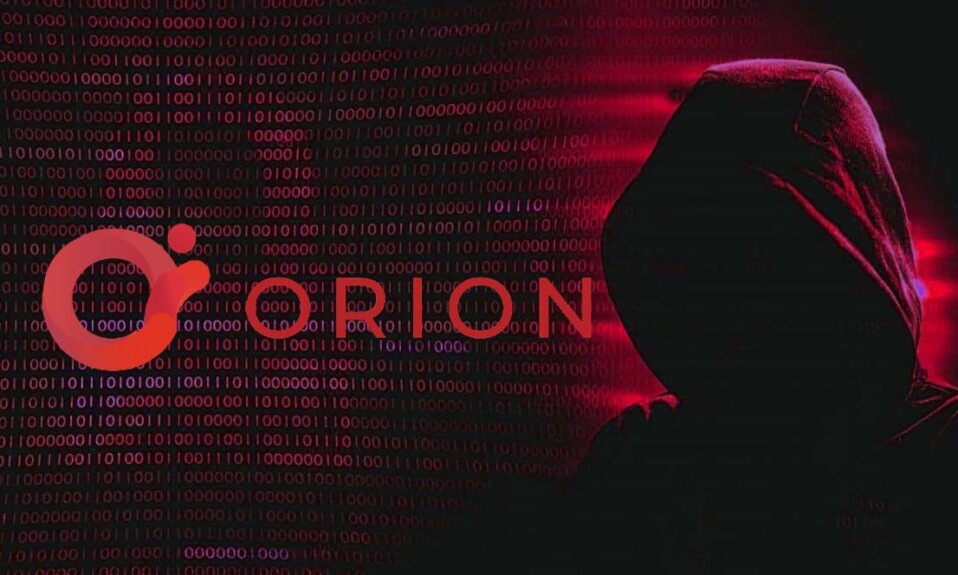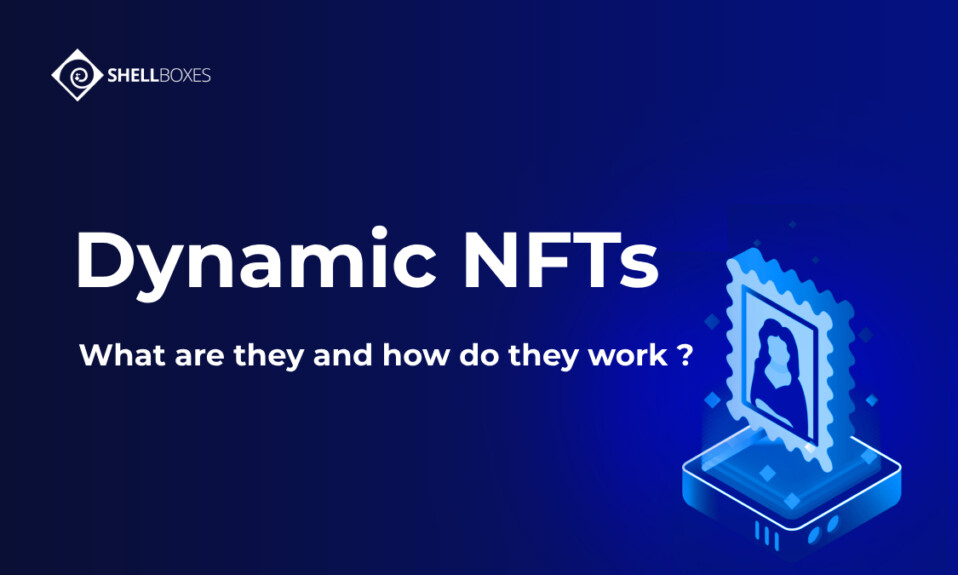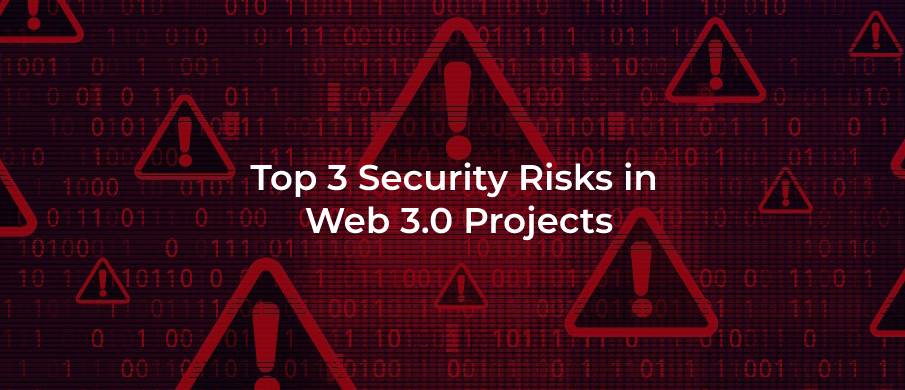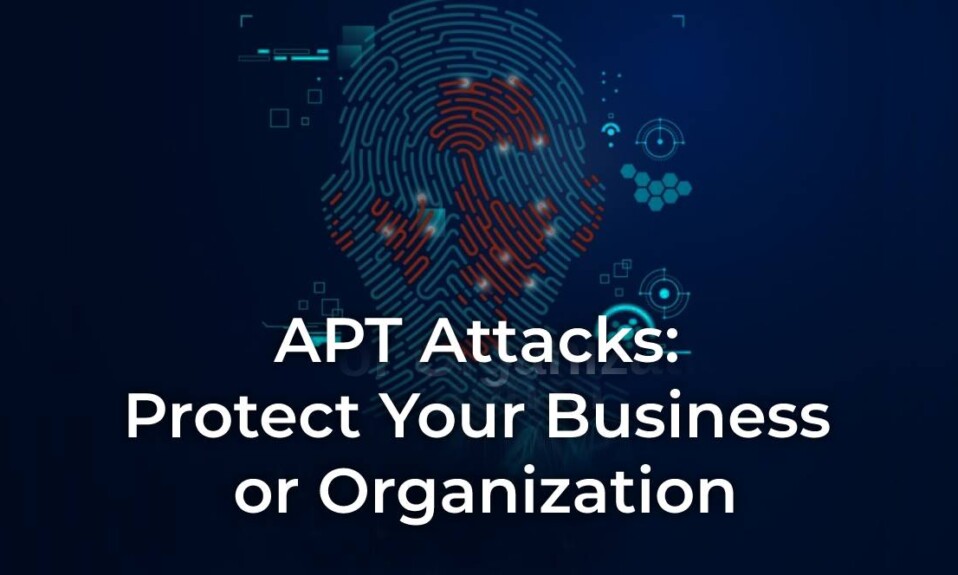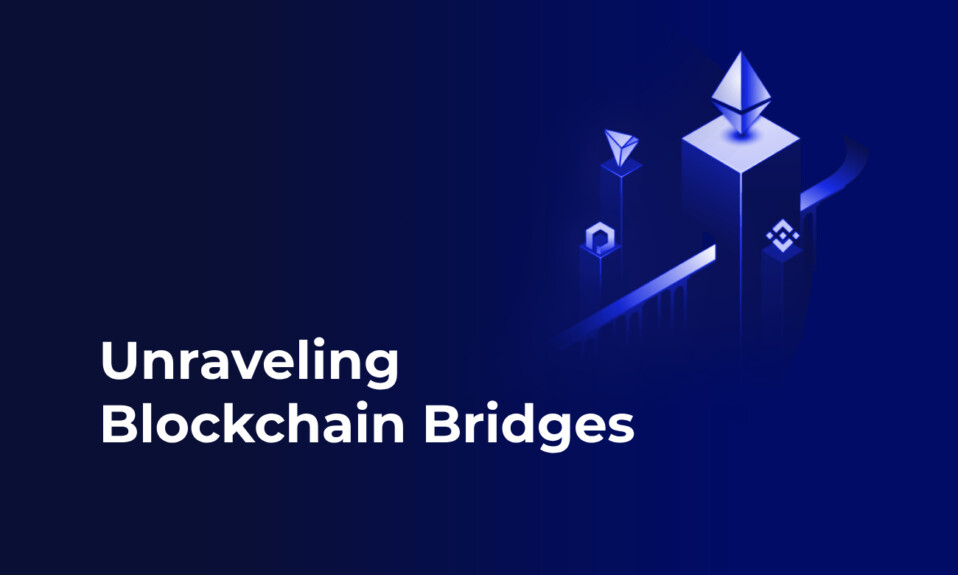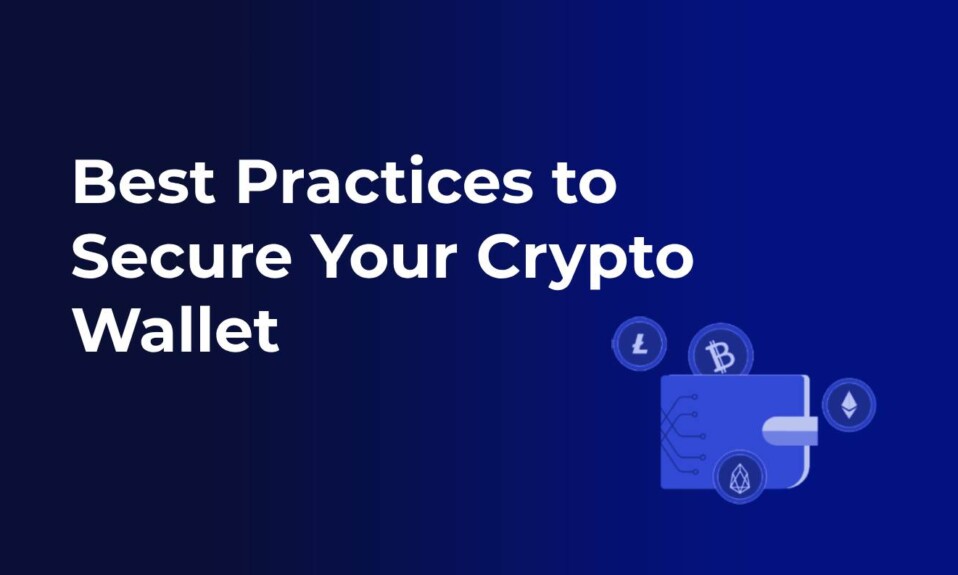
Web3 wallets provide individuals control over their cryptocurrencies, NFTs, and other digital assets, enhancing autonomy and financial sovereignty.
However, security is a primary concern with the shift to DeFi, here are some best practices to safeguard your crypto wallet.
Learn more about securing your Web3.0 project by reaching out to our security experts at [email protected] or requesting an audit
Table of Contents
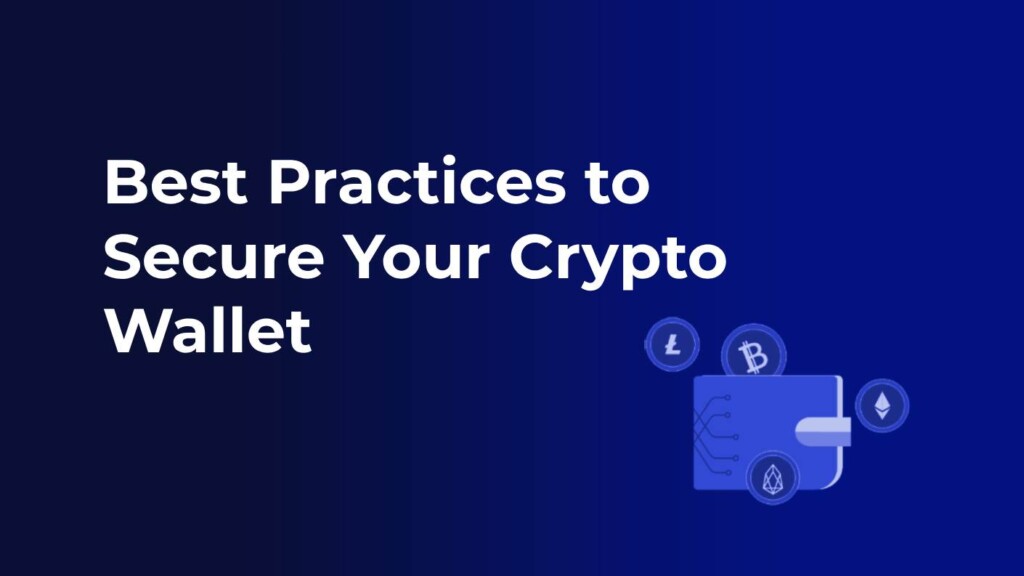
1- Prioritize security when choosing a web3 wallet
One of the first things to consider is opting for wallet options that have undergone rigorous security audits. This process involves a thorough review of the wallet’s codebase and infrastructure by independent experts to identify any vulnerabilities or weaknesses. In the web3 space, popular audited options include MetaMask, Trust Wallet, Ledger, and Trezor. These wallets have been tested and validated by professional security firms or the community, which helps instill confidence in their reliability.
2- Securely manage private keys:
A critical aspect of wallet security lies in having sole control over your private keys. Private keys are essentially the access codes that allow you to send and receive funds from your wallet. When choosing a web3 wallet, make sure it offers you complete control and ownership of your private keys. This means that the wallet should never have access to your keys or transmit them to a third party, as this greatly reduces the risk of your funds being compromised.
3- Enable additional security features:
Another important feature to consider is the inclusion of multi-factor authentication (MFA) in your chosen wallet. MFA adds an extra layer of security by requiring multiple forms of identification, such as a password and a unique code generated by a separate device, to access your wallet. This significantly reduces the likelihood of unauthorized access even if your password is compromised.
4- Regularly update software:
Ensure that the wallet you choose has an active development team that regularly releases updates and security patches. This demonstrates a commitment to maintaining the security and integrity of the wallet. Additionally, look for wallets that incorporate security protocols such as encryption for sensitive data, secure communication channels, and robust backup and recovery options.
5- Be Cautious of Unknown Developers:
It is important to exercise caution when dealing with wallets developed by unknown or less reputable developers. The decentralized nature of cryptocurrencies has allowed anyone to create a wallet, making it necessary for users to do their due diligence before trusting their funds to a new product. Research the reputation and track record of the development team behind the wallet, look for community reviews and feedback, and ensure the wallet has an active and engaged development community.
Conclusion:
Finally stay informed: Research and educate yourself on the latest wallet security practices and Web3 ecosystem developments to effectively protect your digital assets.
By adopting these practices and staying vigilant, you can safeguard your web3 wallet and enjoy the benefits of increased control and security in managing their digital wealth.

